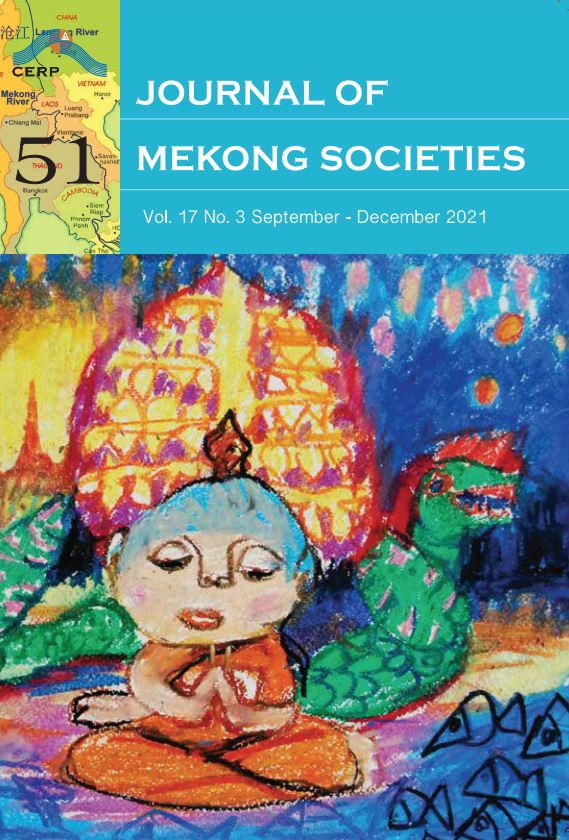Gender and Remittances: A Case Study of Myanmar Female Migrant Workers at a Garment Factory in Yangon, Myanmar
Main Article Content
Abstract
The industrialization boom in Myanmar in recent decades has encouraged upcountry women to migrate more independently into urban settings with fewer restrictions on socio-cultural norms. An increasing number practices feminized migration with an aim to support their families back home. This research looks at the relationship between gender and remittance within the nuances and dynamics of contemporary Myanmar society. It examines how female migrants manage to send remittances amidst varied family constraints under a hierarchical structure dominated by patriarchal ideology. This qualitative research project consisted of a series of focus group discussions with 27 women employed by a garment factory in Yangon, seven of whom were selected for in-depth interviews. Research findings illustrate that their remitting practices are shaped by different gender statuses under Myanmar’s transformative patriarchal society. Although their economic contribution significantly empowers them to gain greater negotiation in a gender-stratified society, patriarchal norms exist which female migrant workers need to compromise and struggle.


